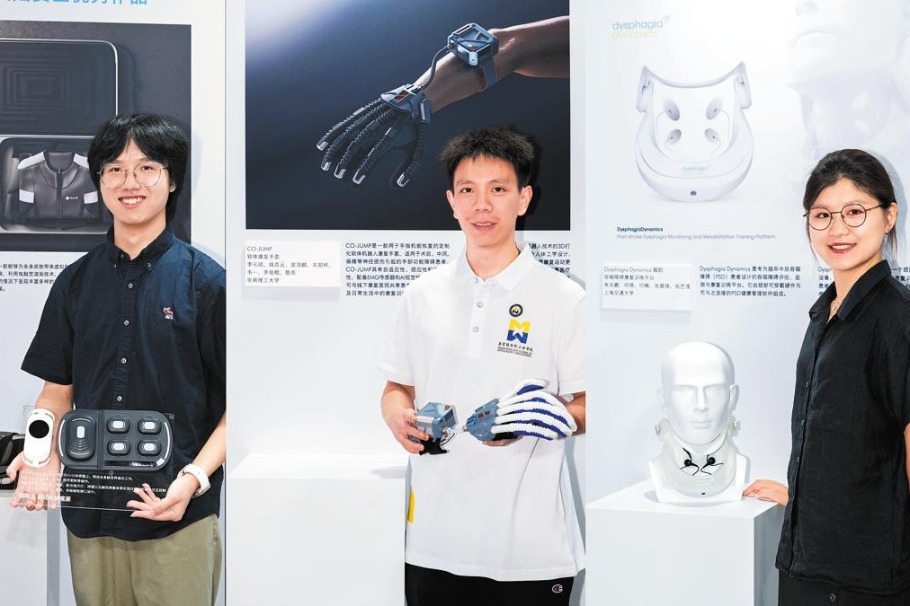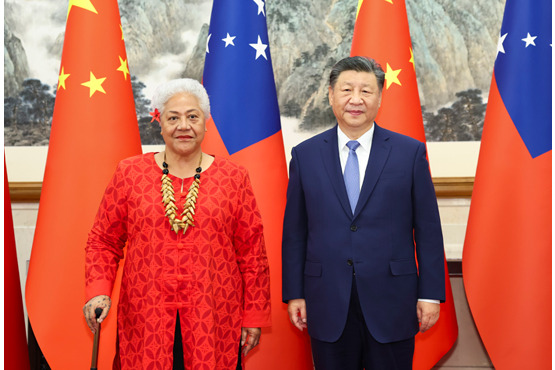Medical bulletins bolster cross-Straits information


The novel coronavirus outbreak in Hubei province in late January may have prevented Qin Qunyan from leaving his home, but it didn't stop him from performing his duties as a political adviser in the province.
While staying at home in the Enshi Tujia and Miao autonomous prefecture, Qin, a member of the Hubei Provincial Committee of the Chinese People's Political Consultative Conference, closely monitored developments related to the epidemic and stayed in close contact with family and friends to offer help to contain the outbreak and lessen its impact on people.
As a political adviser who pays great attention to cross-Straits relations, Qin submitted a novel suggestion to the Revolutionary Committee of the Chinese Kuomintang on Feb 2.
He urged that information about the health of Taiwan residents on the Chinese mainland should be included in media briefings held by the Taiwan Affairs Office of the State Council.
The suggestion was put into practice on Feb 5, when the office announced at a news conference in Beijing that three Taiwan residents on the mainland had been confirmed as infected, while two other people had been designated as suspected cases.
"I submitted the suggestion because some friends across the Straits were concerned about the situation regarding Taiwan residents on the mainland and asked me for more information," Qin said.
In the months that followed, more of his suggestions were accepted and reflected in the efforts led by the local government to combat the outbreak.
They included the widespread use of traditional Chinese medicine to prevent people in Hubei from developing COVID-19, and official expressions of condolence and thanks to people who donated the bodies of dead family members for research.
He also urged more care and support for people who had lost their families as a result of the epidemic.
"At such moments, it's crucial for political advisers to perform their duties and make suggestions," Qin said.
"Although I couldn't go out during the outbreak, I could still do my job by making suggestions based on things I was familiar with and what I saw and learned from people around me."
He added that the most difficult part of his job was to console people he knew who had lost loved ones, as the task required great sympathy and patience. People affected by such losses should be given more support and care, he said.
- National conference on foreign-related prosecution held in Shanghai
- Her Power, Her Stories report highlights China's role in empowering rural women
- China's FAST telescope identifies over 1,000 pulsars
- World's captive panda population hits 757
- Rural deputy blazes trail to prosperity
- Wild boar kills woman in her yard in Shaanxi





































